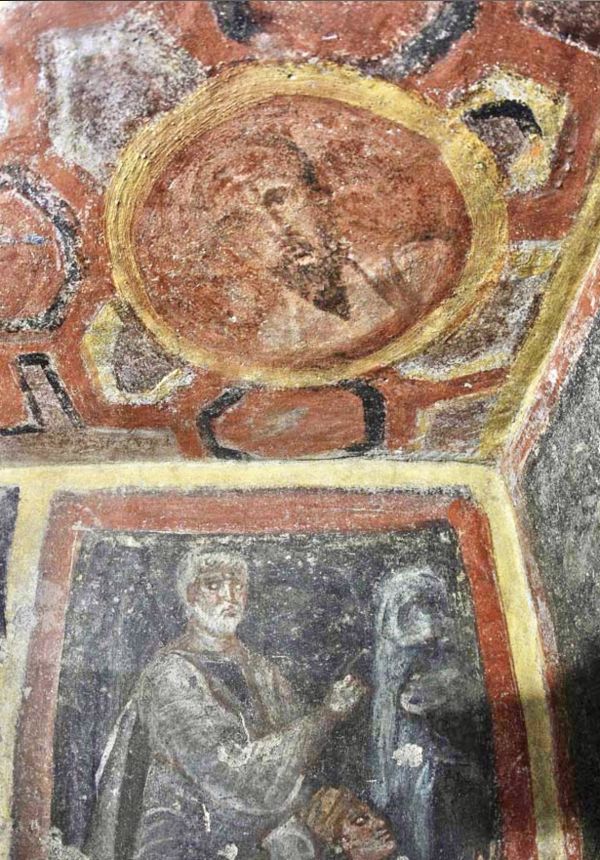Sober, but in sandals
(Mk 6:7-13)
The passage of Nazareth - painful for Jesus himself - and the description of the disciples sending, was intended to be a support and light for believers.
The Son of God is rejected by his own people, and what was his country before is no longer.
We must not therefore be discouraged: conflicts force us to be face to face with new ways of being (and opportunities for Communion).
In the relationship with the Father and the circumstances, no one get by on his own, perhaps centering existence on goals and only on himself - or changing residence (v. 10) and then looking for excessive instruments to establish himself [under the pretext of ‘effectiveness’].
The witness of Christ is profound and relational to the point of coexistence; non-individualistic: to be faced by showing reciprocity, capacity for non-alienating exchange; at least between two (v.7).
Furthermore, the goal cannot be pursued if life is disintegrated by the opinions around it, and devoid of any principle of relationships transformation - an expression of the Covenant that arouses spirit of fraternity.
As well as a propulsive “model”, a “principle” of analysis and prognosis for problem-solving, and for a future of coexistence; through a completion of self-recognised 'opposing sides' [through micro-relationships].
In all religions, the ideal of perfection is the achievement of one's own purification, advancement, balance.
But this is not enough for we to proclaim that the Kingdom has come! It’s the result of an artisanal process, carried out in stages and attempts; of Love, in the Exodus.
In this way, the Risen One has invested us with a quiet but irresistible and evident strength: his effective Word.
Logos that in us becomes lucidity, charge, impulse, ability to listen [which puts us back on our feet; together, in a position to manage things]: a compassionate power never seen before.
The proposal of the Gospels presupposes a spirit of sobriety, risk, royal fraternity: in this way environments are evangelized, transmitting passion for life and annihilating the forces of death that distance us from our neighbor.
Trusting in hospitality and sharing, the new missionaries finally disregard legalistic purity standards (v.8) and show a different access to purity itself, to relationships, to intimacy with the Father.
Therefore, essential ingredients for building the community elsewhere are: being satisfied and renouncing ambition, sharing also in culture [giving space to all intuitions]; familiarity in normal jobs and wages; welcoming the excluded.
As in the Semitic community, the new ‘envoys’ must become close brothers, defenders and redeemers (Go’el) of the marginalized. In this sense, we too personify the figure of Christ in history and contexts.
Protecting the poor and needy (v.13) unfolds the teaching and work of Jesus, who had done so much to stem the disintegration of community life - then affected by political, economic and religious servility.
Therefore, avoiding the ambiguity of riches, the children of God would not have nourished the instinct to dominate others.
Unfortunately, whoever is a friend of triumphalism and possesses in excess, will easily miss the main thing, characteristic of credibility: trust in Providence - the only spirit that doesn’t invalidate the situation.
Jesus warns us, so that we do not deny him with our grabbing behavior, lover of luxury, ready both to deferences and to indulge in power games; performing at all costs, always anxious for the role and economic levels.
Of course, the Son of God dreams a poor Church [not only ‘of the poor’] - but he grants an element of opulence for us, indeed he wants it: that we wear sandals (v. 9); at that time in Rome a sign of freedom and dignity not beggar).
Yes, because we have to rediscover the human - and walk a lot.
[Thursday 4th wk. in O.T. February 6, 2025]












